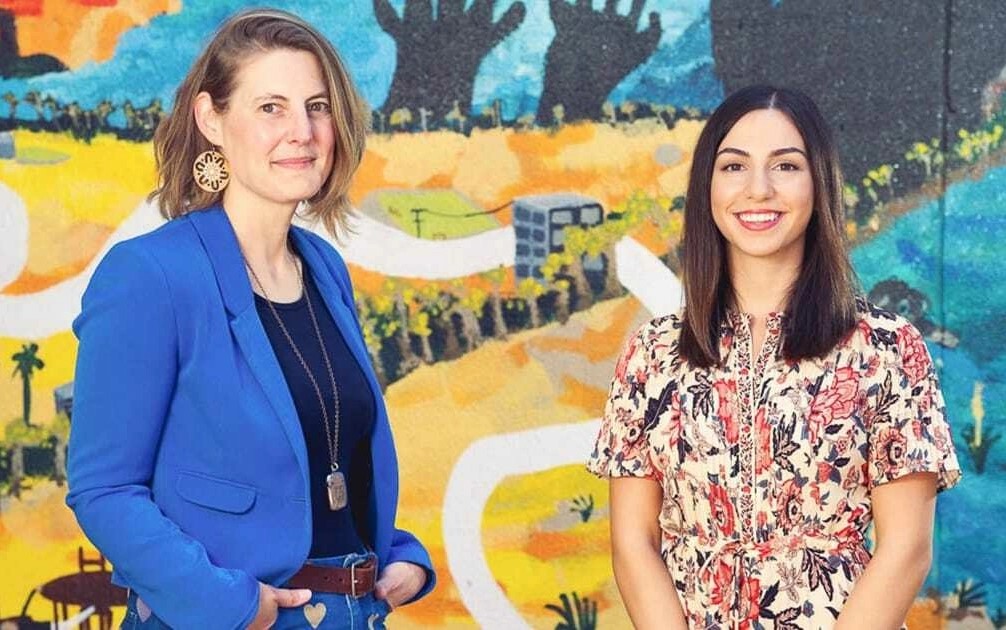
Schools need to do more to educate their students about periods and support those who experience early onset of menstruation (early menarche) reports new research from Flinders University.
The new article in international journal Sex Education reports that more than 12% of girls in Australia will have their first period between the age of eight and 11 years of age and yet the national school curriculum does not provide formal education – to either girls or boys – until they are 10 to 12 years old.
Flinders researcher Associate Professor Ivanka Prichard says that data shows the worldwide average age of starting a period has been steadily declining for decades across Western nations. The current average age is approximately 12.5 years, with early menarche commonly defined as occurring under 11 years of age.

“The education system has been slow to adapt to the earlier onset of periods, with a growing number of children now starting their period before being introduced to the subject at school. Early years primary students are often deemed too young to learn about periods or explain their own needs,” says Associate Professor Prichard.
Previous research has shown that early development and onset of periods can have an adverse effect on adolescent health outcomes, with some individuals experiencing depression and other mental health issues.
“We know that the school environment is central in a child’s social and emotional development during puberty, and they need to be well-prepared ahead of starting their period to ensure it doesn’t negatively impact their lives,” says Associate Professor Prichard.
“Our findings raise critical questions about the current education arrangements in primary schools in Australia. There is evidence that staff perspectives and school practices can reinforce the idea that periods and early menarche is problematic and taboo.
“We’ve identified a problem with ‘gatekeeping of knowledge’, where period education has been confined to a particular time, place and year in the curriculum, and restricted to a particular group of students.
“On the contrary, we would like teachers to be able to talk about period information at any time and always in a positive way with their students, regardless of age or gender.
“We need to prioritise children by normalising positive conversations through comprehensive period education and provide appropriate supports for both teachers and students,” she says.
Associate Professor Prichard says a prevailing social stigma around periods is likely to be particularly pronounced for those experiencing early onset of periods while still at primary school.
“School education provides an important opportunity to start a conversation about periods, particularly to reduce stigma and equalise gaps and variation in what may be discussed at home,” she says.
The Flinders University study, funded by Flinders Foundation, explored school staff perceptions of the support on offer for early menarche by reviewing documents on curriculum, policies and procedures.

Researchers interviewed 15 people currently working in Australian primary schools including school principals, teachers, counsellors and school support officers (SSOs) to ascertain the levels of support available to students in this situation.
“Positive support practices and facilities for period education are needed in primary schools to normalise and encourage conversations with students about periods irrespective of age, gender, class or culture,” says study lead-author Olivia Marie Bellas.
“We hope the outcomes of our findings will lead to improved school processes and support materials that have been developed based on evidence of children’s lived experience, so those affected are adequately supported,” she adds.
The article, Staff perceptions of support for early menarche in Australian primary schools: a qualitative study by Olivia M. Bellas, Monique A. Mulholland, Nina Sivertsen, Emma Kemp, Ivanka Prichard, Stefania Velardo and Jessica Shipman has been published in international journal Sex Education journal. DOI:10.1080/14681811.2023.2275595
Acknowledgements: This work was supported by Flinders Foundation Health Seed Grant (Jessica Shipman, 2021). The study was part of a series of consultations and surveys of young people in South Australia undertaken by the Commissioner for Children and Young People. https://periodjustice.com.au/

